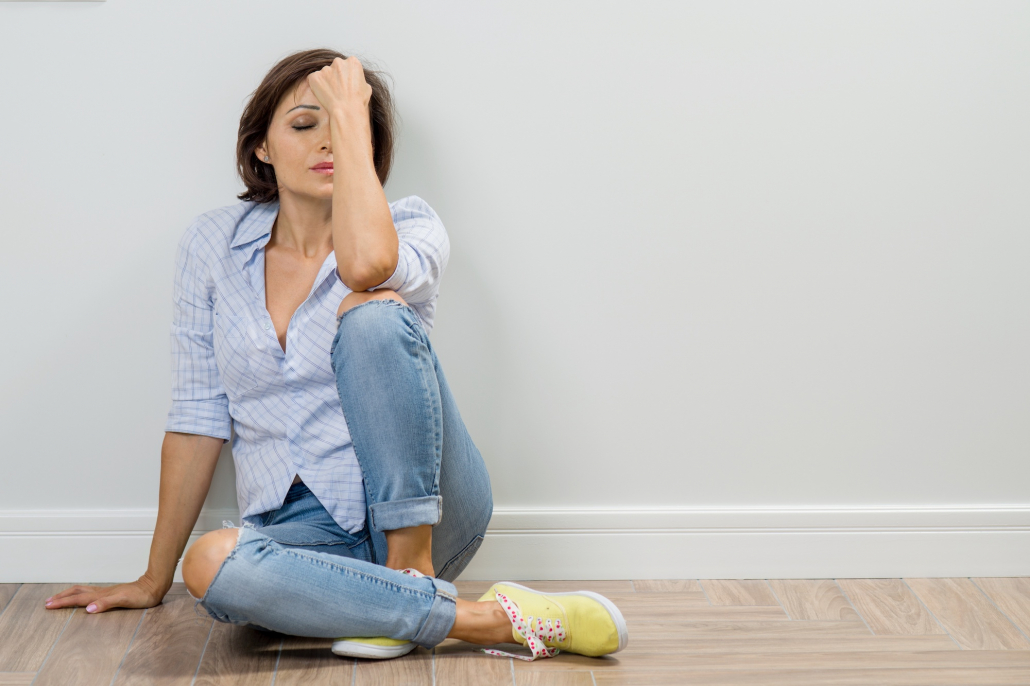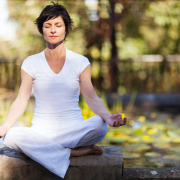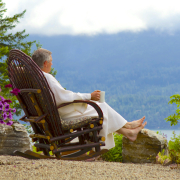Q&A: How do I calm my anxiety?

Q: How do I calm my anxiety?
A: According to Harvard’s health scientists, anxiety and its family of stress disorders affect over 40 million Americans, and now with the fears generated from the COVID pandemic, it is on the rise.
There is a wide range of anxiety and stress-related disorders. From constant worry to various phobias, social anxiety, obsessive-compulsive behaviors, panic attacks, and post-traumatic stress disorder. Though anxiety is part of our survival toolkit that keeps us wary of life-threatening situations, it can be debilitating if everyday events continuously trigger reactions that persist into weeks or months.
Research has made it clear that traumatic experiences in early childhood or child-parent attachment difficulties set us up for a higher likelihood of anxiety in our adult life. These unattended stressors can affect the size of parts of our brain responsible for fear and memory. As well as affecting stress levels and mood-enhancing hormones and neurotransmitters. These imbalances can then predispose us to react to fearful triggers, perceived or imagined, in our day to day life. Unconsciously, these triggers initiate thoughts and emotions that can limit and even paralyze our interactions with life’s unforeseen events and relationships with others. This is when anxiety controls our lives.
Up until very recently the only remedy to anxiety, and its common partner depression, has been medication and talk therapy. But with our increased understanding of our genetics, brain, nervous system, hormone and neurotransmitter roles, and even our gut health, there are more options for treatment than ever before.
Though research into success rates is ongoing, the majority of health professionals agree that using two treatments has more success than depending on just one.
Ways to Calm Your Anxiety
Medications
SSRI’s (Selective Serotonin Reuptake Inhibitors) are most commonly prescribed for anxiety and depression. They help maintain serotonin and norepinephrine levels in the brain (both key mood-enhancing neurotransmitters). There are also medications that adjust dopamine, another “feel-good” and motivation supporting neurotransmitter. And others that help regulate our stress hormone, cortisol. As with all medications, there can be side-effects, and it can take time to calibrate the correct dosage, so work closely with your doctor with these medications as each of us is unique in how we respond to them.
Herbal supplements and essential oils
Herbal supplements and essential oils can be supportive in quelling symptoms of anxiety and chronic stress. A Dr. of Naturopathic Medicine can test your hormonal balance and offer suggestions for specific remedies and dosage. Some common herbs that have been used for centuries are St. John’s wort, passionflower, and valerian root. Research is continuing on the efficacy of essential oils like lavender and rose, which have been used for relaxation and sleep aid in Europe for centuries as well.
Gut health
Pro and prebiotic support for a healthy balance of bacteria in our intestines have shown to increase the production of serotonin.
Exercise
Regular exercise helps move energy in the body. It also releases pain-blocking endorphins that elevate our general mood, and help the body get ready for sleep. And sleep is a paramount resource for neurological and hormonal balance.
Limit triggers
Certain situations, and people, can trigger each of us differently by stimulating old traumas, doubts, and fears that can cascade into worry and helplessness. Avoid stimulants like too much news, media, and screen time as well as caffeine products.
Stress-releasing activities
Nature immersion, yoga, meditation, creative pursuits, petting an animal, massage, and gardening all lower cortisol and release neurotransmitters like serotonin, dopamine, and oxytocin, reducing anxiety.
Psycho-emotional therapy
Cognitive Behavioral Therapy (CBT)
CBT has been successful in helping people recognize their stressors, and feelings and thoughts that trigger anxiety. Its success with PTSD is based on strategies of desensitization and life skill management.
Relational Somatic Therapy (RST)
RST is a body-centric approach that allows the brain to re-wire reactive patterns. The client is supported while exploring self-guided techniques for arising anxious thoughts or emotions. This school of therapy does not try to eliminate triggers relating to trauma or attachment issues but instead helps build awareness and tolerance.
Hypnosis, BioFeedback, Eye Movement Desensitization and Reprocessing, and Repetitive Transcranial Magnetic Stimulation
These are all new therapies that are being researched and are showing success for various people from war veterans to socially shy teenagers.
Because we are all unique individuals with differences in genetics, family history, hormonal balance, responses to traumatic events, diets, and lifestyles, there is no one magic cure-all for anxiety, depression, or stress disorders. Get professional advice and experiment with different treatments while keeping a journal on your stress triggers, moods, energy levels, thoughts, and feelings. Learn how to creating healthy habits to reduce your anxiety. Anxiety and stress disorders can be managed if we seek appropriate support, a free, happy life will be lived.
What is Mountain Trek?
Mountain Trek is the health reset you’ve been looking for. Our award-winning hiking-based health retreat, immersed in the lush nature of British Columbia, will help you unplug, recharge, and roll back years of stress, anxiety, and unhealthy habits. To learn more about the retreat, and how we can help you reset your health, please email us at info@mountaintrek.com or reach out below:











